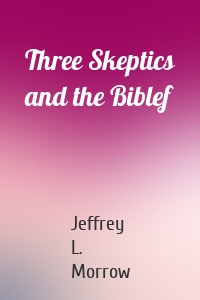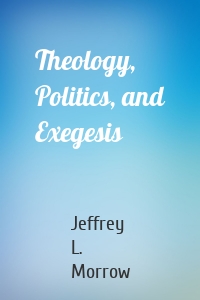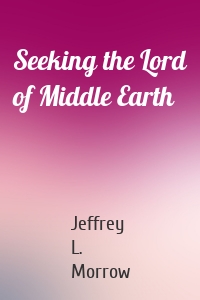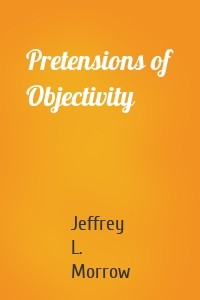Jeffrey L. Morrow
4 кн.
Three Skeptics and the Biblef
Biblical scholars by and large remain unaware of the history of their own discipline. This present volume seeks to remedy that situation by exploring the early history of modern biblical criticism in the seventeenth century prior to the time of the Enlightenment when the birth of modern biblical criticism is usually dated. After surveying the earlier medieval origins of modern biblical criticism, the essays in this book focus on the more skeptical works of Isaac La Peyrere, Thomas Hobbes, and...
| Автор | Jeffrey L. Morrow |
Theology, Politics, and Exegesis
Modern biblical scholars often view the methods they employ as objective and neutral, tracing the history of modern biblical scholarship to the eighteenth and nineteenth centuries. In this volume, Jeffrey Morrow examines some earlier, lesser known roots of modern biblical scholarship. He explores biblical scholarship from the fourteenth through the seventeenth centuries and then discusses its new place in the Enlightenment of the eighteenth century where such scholarship would flourish. Far from...
| Автор | Jeffrey L. Morrow |
Seeking the Lord of Middle Earth
J. R. R. Tolkien, the beloved author of The Hobbit and The Lord of the Rings, brings to his work a great treasure–his Christian faith. Tolkien's literary works are so popular in part because, in some sense, they pertain to the real world. This present volume is an attempt to understand better the deep Christian influences on his work but also to explore the relevance of Tolkien's work for theology today. After examining Tolkien's fiction in order better to appreciate Christian...
| Автор | Jeffrey L. Morrow |
Pretensions of Objectivity
Modern historical biblical criticism, while having many strengths, often operates under the pretensions of objectivity, as if such scholarship were neutral and disinterested. Examining the history and roots of modern biblical scholarship shows that such objectivity is elusive, and was never intended by the method's earliest practitioners. Building upon his earlier work in Three Skeptics and the Bible and Theology, Politics, and Exegesis, Morrow continues this historical investigation into...
| Автор | Jeffrey L. Morrow |





